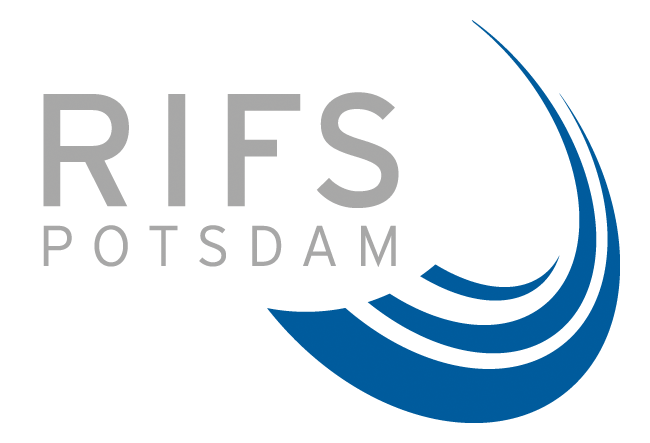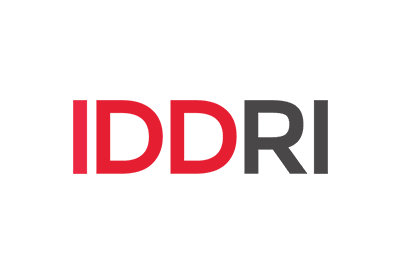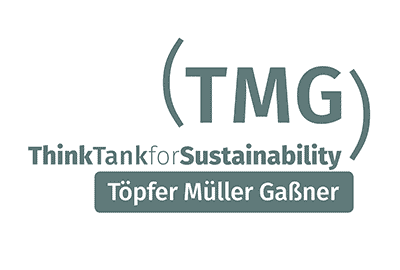On 14-15 November 2019, STRONG High Seas project partner IDDRI organised a regional workshop to discuss how to strengthen monitoring, control and surveillance (MCS) in marine areas beyond national jurisdiction (ABNJ) in the Southeast Pacific. This workshop was held at CPPS Headquarters, Guayaquil, Ecuador and builds on two international expert meeting previously held in Paris on technological tools (July 2018) and policy options (April 2019).
This interactive workshop provided an opportunity for regional experts to discuss current practices and capacities, lessons learned, and the potential for strengthening MCS of ABNJ. The outcomes of this workshop will contribute to a report to be published by the STRONG High Seas project and will also be fed into discussions on a new international legally-binding instrument on high seas biodiversity, currently under negotiation at the United Nations.
The workshop commenced with a roundtable on MCS activities in the CPPS member countries – Chile, Colombia, Ecuador, Peru and Panama (an observer to the CPPS) – followed by an overview of lessons learned from the previous expert meetings. Participants then discussed MCS in the context of fisheries, led by presentations from Eloy Aroni (Global Fishing Watch) and Marco Quesada (Conservation International), and marine protected areas, with presentations from Mónica Gamboa Poveda (Costa Rica por Siempre/Pacifico) and Xavier Chalen (Conservation International).
On the second day, participants heard an update on the status of negotiations for a high seas biodiversity treaty from Guillermo Ortuño Crespo (Duke University) and reflections on the positions of Latin American countries from Mariamalia Rodriguez Chaves (consultant, Pew). Klaudija Cremers (IDDRI) presented possible options for strengthening MCS through a new treaty and participants broke into working groups to discuss key challenges and opportunities.
Participants noted that many countries in the region are already conducting effective MCS of their national waters, but that cooperation between countries is limited. The lack of a strong global legal framework for ABNJ and limited implementation of existing agreements were noted as key challenges. Participants agreed on the need for States to compromise in order to strengthen the legal regime for the high seas, encourage the sharing of data, complement the work of regional fisheries management organisations (RFMOs), and strengthen capacity and cooperation.




